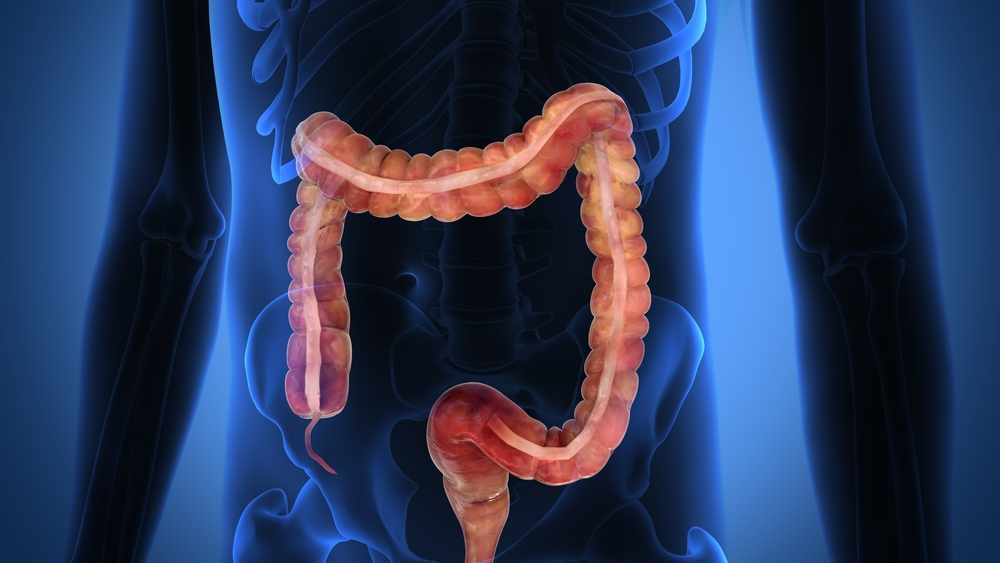-
Cancer
Mayo Clinic Expert Shares Five Things to Know About Colorectal Cancer
 March is Colon and Rectal Cancer Awareness Month
March is Colon and Rectal Cancer Awareness Month
ROCHESTER, Minn. — Roughly 140,000 people are diagnosed with colorectal cancer in the United States each year. It is the third most common cancer and No. 2 cause of cancer-related deaths among men and women. Colorectal surgeon Heidi Nelson, M.D., chair of surgery at Mayo Clinic, shares five things to know about colorectal cancer:
- Early detection through screening is really important to increase survival odds. The survival rate is roughly 90 percent when it is caught early, Dr. Nelson says. There are now multiple screening options, including colonoscopies; a stool DNA test called Cologuard co-invented by Mayo Clinic gastroenterologist David Ahlquist, M.D. ; a virtual colonoscopy using a CT scan; and more.
“Thanks to insurance and Medicare coverage of screening and the availability of more screening options, colorectal cancer is more often being caught earlier,” Dr. Nelson says.
- Most patients with colorectal cancer will require an operation to remove cancerous tissue, but there is a big difference between colon cancer surgery and rectal cancer surgery.
“Colon cancer surgery is typically a fairly straightforward, minimally invasive procedure,” Dr. Nelson says. “Roughly 1 foot of the colon is removed, and in those cases, patients can usually eat normally and have normal bowel movements after surgery. The implications of rectal cancer are quite different.”
Rectal cancer surgery can also be performed with minimally invasive procedures, but there are often long-term changes in bowel function that must be considered.
For example, some patients will resume normal bowel emptying after rectal cancer surgery, some may require more frequent bowel emptying or have less control over emptying, and others, fewer than 40 percent, will need a stoma. A stoma is an opening created in the abdomen to allow waste to leave the body. A bag is worn outside the stoma to collect stool; it can be temporary or permanent.
MEDIA CONTACT: Sharon Theimer, Mayo Clinic Public Affairs, 507-284-5005, newsbureau@mayo.edu
“The vast majority of patients, once they come to understand the importance of it, they adapt to it, and they can live normal lives with a high quality of life as well,” she says. “About 3 million patients in the United States have stomas,” Dr. Nelson says.
At Mayo Clinic, patients are encouraged to get up and start moving and to eat normally soon after surgery to help speed their recoveries. Walking more and stopping smoking before surgery are also important, Dr. Nelson says.
- Young adults can get colorectal cancer. It is most common in people in their 60s, but younger people, and though it is rare, children, can get it. Colorectal cancer in young people tends to be hereditary. For older people, environmental or lifestyle factors such as diet, obesity and smoking often play a role.
- Precision medicine: The Mayo Clinic biobank is helping researchers look for genes responsible for hereditary colorectal cancer, which could vary family by family, Dr. Nelson says.
“It’s not `one size fits all,’” she says. “There are multiple ways genes can cause cancer in families, and there could be different ways in each family.”
Identifying those genes could help identify people who should be screened for colorectal cancer at younger ages and may also lead to new treatment targets.
- Microbiome: Mayo Clinic researchers are studying the microbes in the gut to try to determine if they are creating metabolites leading to colorectal cancer.
“We know that human papillomavirus and helicobacter pylori cause cancer, so are there bacteria or viruses in the gut that might actually cause cancer? I think there’s a lot to be learned by looking specifically at the environment in the gut,” says Dr. Nelson, director of the Mayo Clinic Center for Individualized Medicine’s microbiome program and the Fred C. Andersen Professor at Mayo Clinic.
Dr. Nelson will discuss colorectal cancer and take viewer questions Tuesday in a live chat on Periscope and Mayo Clinic’s Facebook page at 12 p.m. Eastern time on Tuesday, March 22.
Financial disclosure: Dr. Ahlquist and Mayo Clinic have a financial interest in Cologuard, the commercial name for a stool DNA test co-developed by Dr. Ahlquist and Exact Sciences, the company based in Madison, Wis., that manufactures and distributes Cologuard. Neither Mayo Clinic nor Dr. Ahlquist receives royalties for Cologuard tests ordered for Mayo patients by Mayo physicians.
About Mayo Clinic Cancer Center
As a leading institution funded by the National Cancer Institute, Mayo Clinic Cancer Center conducts basic, clinical and population science research, translating discoveries into improved methods for prevention, diagnosis, prognosis and therapy. For information on cancer clinical trials, call 1-855-776-0015 (toll-free).
###
About Mayo Clinic
Mayo Clinic is a nonprofit organization committed to medical research and education, and providing expert, whole-person care to everyone who needs healing. For more information, visit http://www.mayoclinic.org/about-mayo-clinic or https://newsnetwork.mayoclinic.org/.







